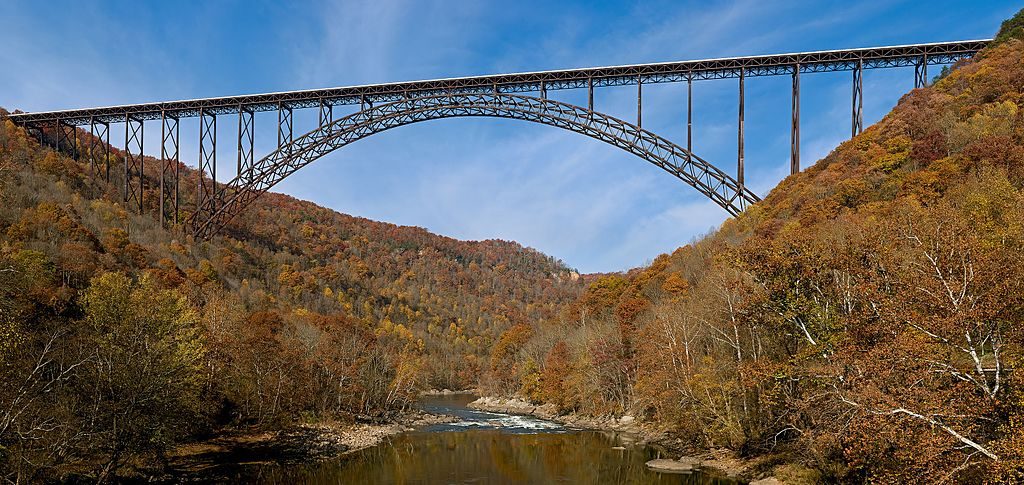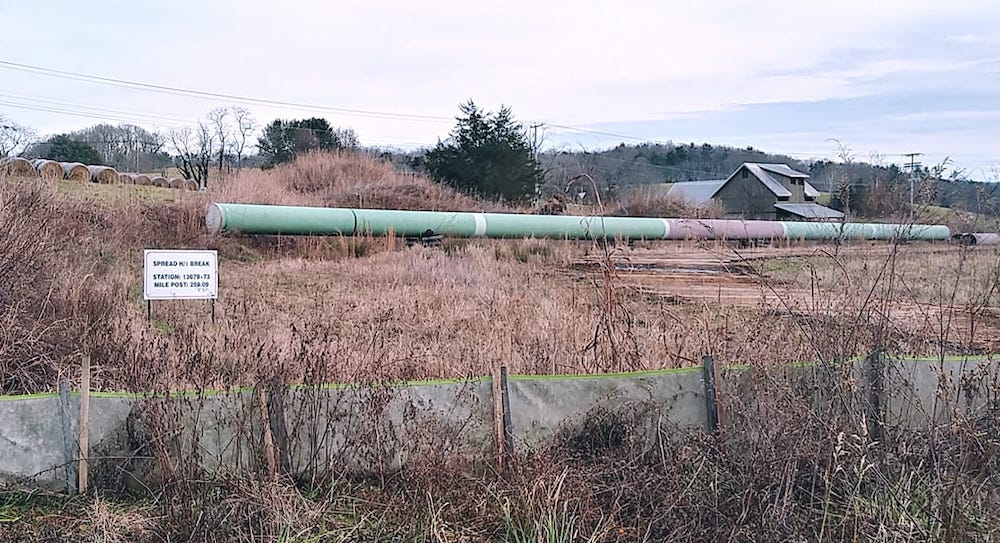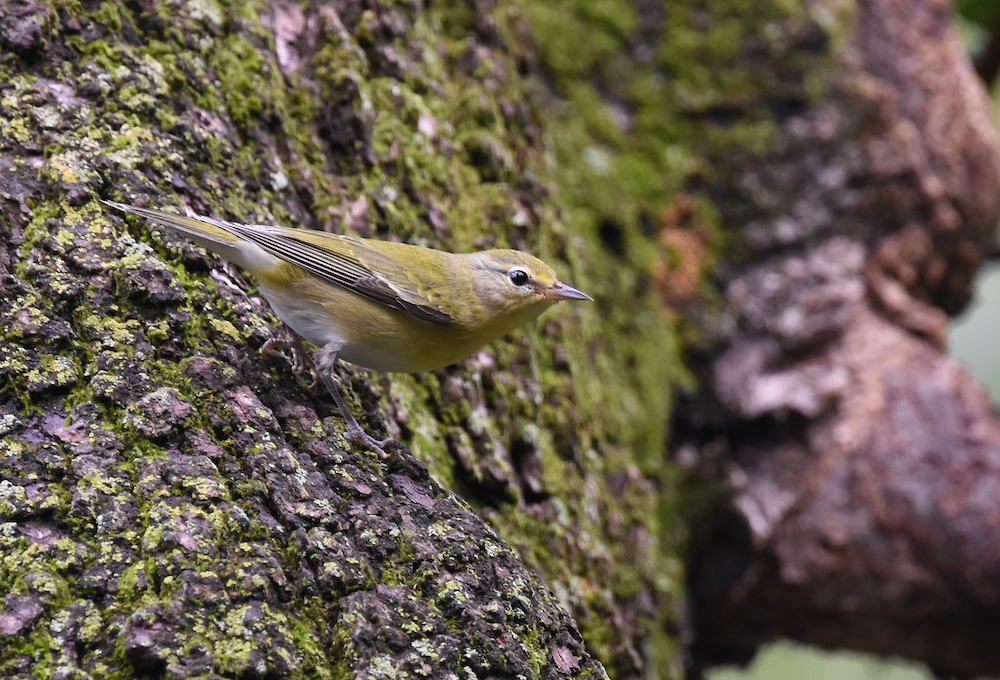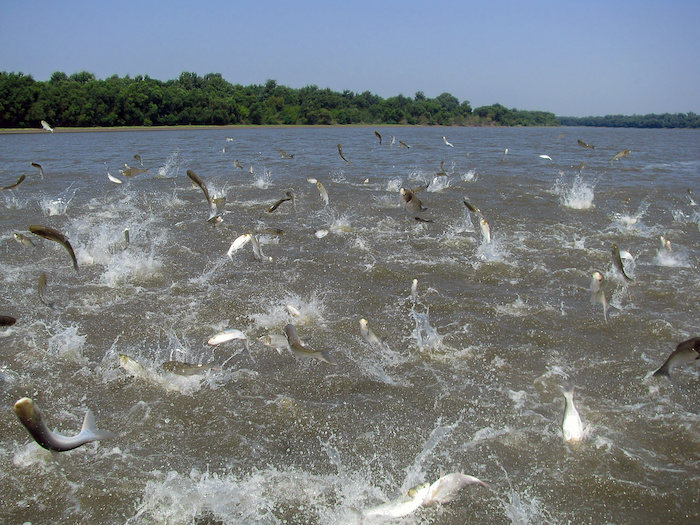2020-2021 — Winter
Tennessee Drafting Public Recreation Plan
The Tennessee Department of Environment and Conservation is in the process of developing the state’s 10-year public recreation plan after gathering public input on priorities.
Read MoreWV Bills to Relax Water Protections Seen as ‘Dangerous’
Environmental groups in West Virginia are pushing back against two bills in West Virginia that would relax regulations on above-ground chemical storage tanks and ease groundwater quality standards.
Read MoreAn Experiment in Revitalizing Old Mine Sites
A federal grant program aims to bring economic opportunity to long-abandoned mine lands. But as some sites are seeing progress, others are finding more obstacles.
Read MoreNew River Gorge Becomes Newest National Park
The New River Gorge National Park and Preserve, established in December 2020, is West Virginia’s first national park.
Read MoreRegional Universities Win EPA Grants For Sustainability Projects
Three universities in Appalachia were among 32 higher education institutions that were awarded grants from the U.S. Environmental Protection Agency for projects that include developing water pipes from recycled plastic and researching the air quality impact of exhaled carbon dioxide.
Read MoreReady for the Wild: Rescue Rehabilitates and Releases Young Bears
The Appalachian Bear Rescue in Townsend, Tenn., has saved more than 300 bears from eight different states over the last 25 years.
Read MoreCounting Hawks
“Any day you see a hawk is a good day,” says longtime hawk watcher Bill Haley. During peak migration season, lucky hawk watchers in Appalachia may see thousands of hawks in a single day.
Read MoreMountain Valley Pipeline’s Latest Challenges: Water-crossing Permits and Compressor Station Hearing
The long-contested MVP faces new delays due to water-crossing permits. Bills that would give Virginia more authority to protect water quality from pipelines are advancing in the state legislature. As the commonwealth considers a compressor station for MVP Southgate, developers of the canceled Atlantic Coast Pipeline begin the restoration process.
Read MoreFuture is Uncertain for Trump-era Changes to Migratory Bird Treaty Act
Under the prior administration’s reinterpretation of the Migratory Bird Treaty Act, companies would not be fined for incidental bird killings that result from events such as oil spills. The Biden administration has blocked the change from going into effect while it seeks more public comment.
Read MoreAsian Carp Barriers to be Erected on Tennessee, Cumberland Rivers
As Tennessee continues its battle against invasive Asian carp, environmentalists say plans to erect new barriers to stop the carp from entering the Tennessee and Cumberland rivers are a step in the right direction.
Read More








